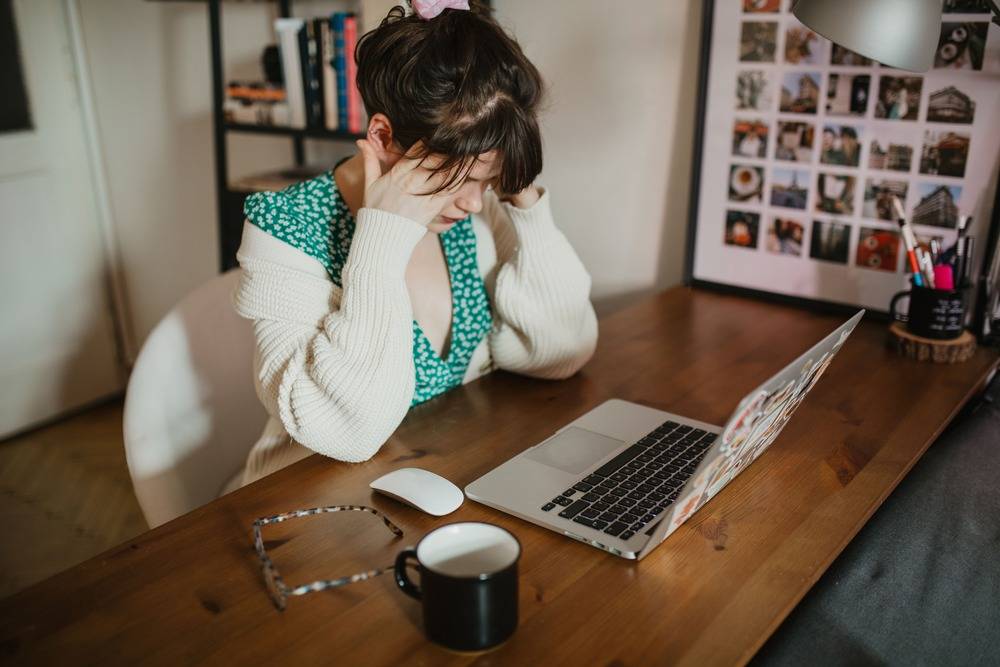Anxiety and depression are more related than most people think. While both are mental health conditions that can cause a person to feel low energy levels, anxiety is often considered a high-energy state. In contrast, depression is considered a low-energy state.
Someone suffering from depression often experiences a lot of anxiety, which can even lead to panic attacks. On the other hand, anxiety disorders are more than just feeling nervous or anxious. They can cause people to fear things other people wouldn’t think twice about.
Many with anxiety disorders know their thoughts are irrational, but they still can’t stop them. They may feel like losing internal control, which can lead to depression.
Today, we’ll discover why these two mental health conditions are co-occurring and connected.
Causes of Anxiety
The fight-or-flight center is the part of the brain responsible for the body’s response to a perceived threat. This center is always activated in people with anxiety disorders, even when there is no real threat. This can make people feel in constant danger, frightened, and overwhelmed.
The marked difference between anxiety disorders with regular anxiety is that it causes people to experience excessive fear, worry, and stress over menial things such as picking clothes to wear or even eating a meal. These disorders can make it difficult to go about daily activities and interfere with work, school, and personal relationships.
Causes of Depression
This is a mental disorder characterized by persistent low mood and loss of interest in activities. It can cause a range of emotional and physical symptoms. It can affect a person’s thoughts, feelings, behavior, and sense of well-being.
Depression can lead to many problems, including difficulty concentrating, sleeping, and eating. It can also lead to physical problems, such as headaches, stomachaches, and low energy levels. Thus, this serious condition can impair a person’s ability to function in everyday life.
When left unchecked and it progresses into adulthood, people with depression may have low energy levels and feel overwhelmed by everyday tasks and personal relationships.
The Curious Connection
According to a Hartgrove Hospital article, people who get anxious often have negative thoughts about themselves or their situation. These thoughts can lead to feelings of sadness and failure, which can then lead to depression. The same article noted that the following factors mark this complication:
- If you suffer from anxiety, your chances of developing depression are much higher. Nearly half of those with severe depression also have severe and persistent anxiety.
- People who suffer from anxiety and depression often feel worried and anxious. One can trigger the other, with anxiety often preceding depression.
- Some tend to worry more than others, which can be passed down from generation to generation. This seems to be more true for anxiety disorders than for depression.
If someone has anxiety, they need to speak to a doctor or therapist as soon as possible. If anxiety is not treated, it could lead to depression.
Consult Sarah J. Person, LCSW-R for Anxiety and Depression Today
If you observe any of these conditions or symptoms in your life, book an appointment with Sarah J. Person, LCSW-R, at (917) 579-4581. I’m a psychotherapist that serves teens and adults in the NYC to Long Island areas, helping them overcome anxiety, depression, mood disorders, PTSD, and other pressing issues. Book a 15-minute phone consultation through my website now.


